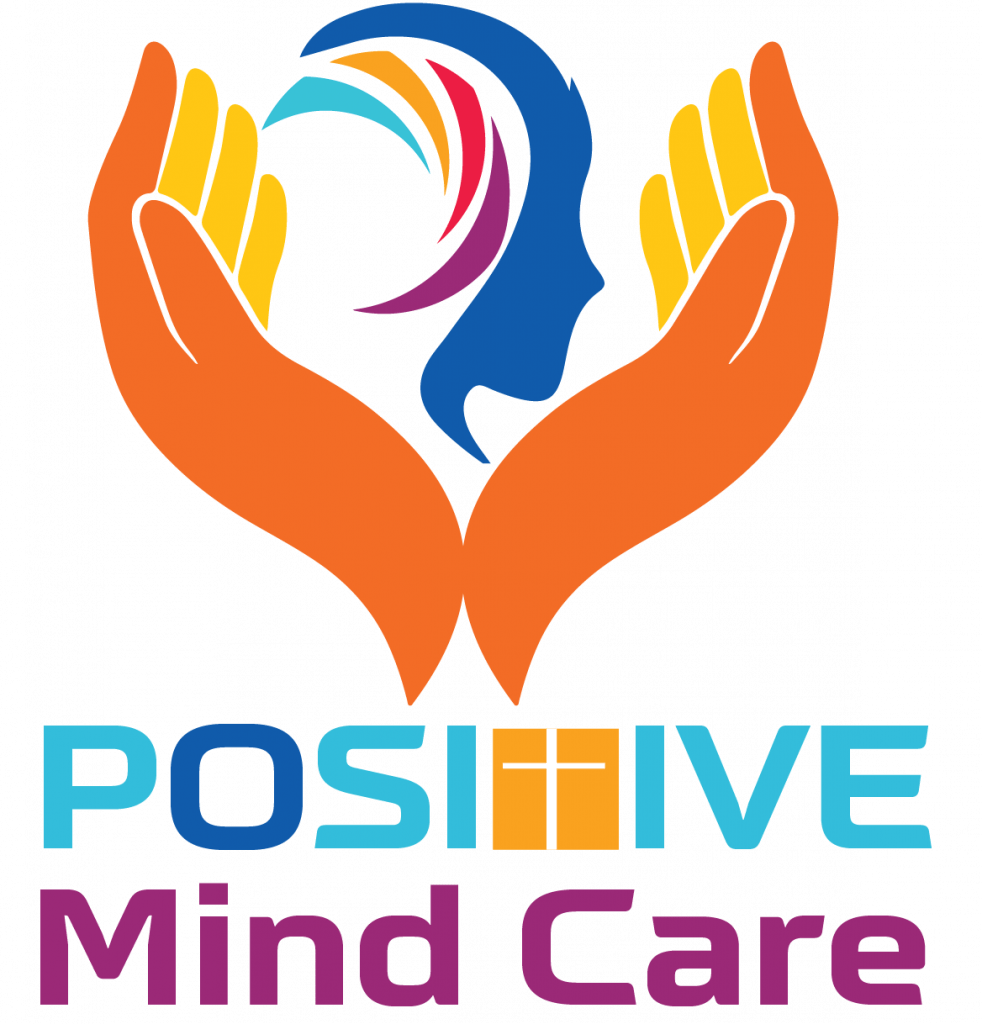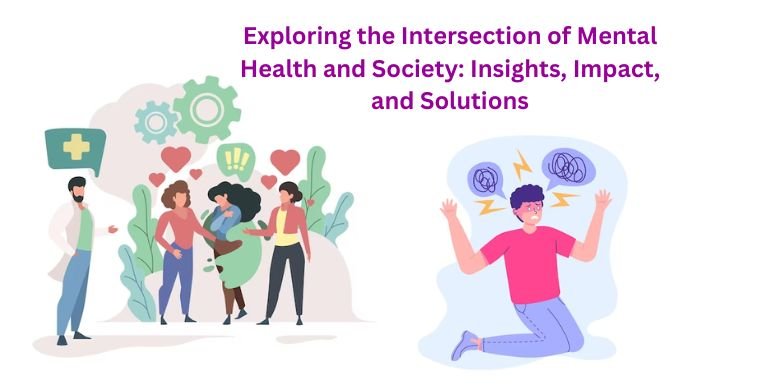The relationship between mental health and society is complex and multifaceted. Mental health significantly impacts how individuals relate to others, make decisions, and handle stress, ultimately influencing their ability to live fulfilling lives.
Poor mental health can lead to social isolation and affect relationships with family, friends, and co-workers, as well as the ability to carry out daily responsibilities
Additionally, mental health stigma operates in society, is internalized by individuals, and is attributed by health professionals, acting as a barrier to treatment and support.
The stigma of mental illness is a universal issue that can lead to social exclusion, prejudices, and various negative impacts on individuals’ well-being and their interactions within society.
Mental health is an integral part of overall health, encompassing emotional, psychological, and social well-being.
It affects how individuals think, feel, act, handle stress, relate to others, and make healthy choices.
Understanding and addressing the societal implications of mental health, including stigma and its effects, is crucial for promoting a supportive and inclusive environment for individuals facing mental health challenges.
Some effective ways to reduce mental health stigma in society
Reducing mental health stigma in society is crucial for promoting a supportive and inclusive environment for individuals facing mental health challenges. Some effective ways to reduce mental health stigma in society include:
- Talk openly about mental health: Encourage open conversations about mental health to reduce the stigma associated with it.
- Educate yourself and others: Respond to misperceptions or negative comments by sharing facts and information about mental health.
- Be conscious of language: Remind people that words matter and encourage the use of non-stigmatizing language.
- Encourage equality between physical and mental illness: Draw comparisons to how they would treat physical illnesses to reduce the stigma associated with mental illness.
- Show compassion for those with mental illness: Treat individuals with mental illness with empathy and respect.
- Raise mental health awareness: Increase public awareness of mental health issues and the impact of stigma on individuals.
- Social contact: Encourage social contact between individuals with and without mental illness to reduce stereotypes and promote understanding.
- Advocacy by influential figures or groups: Encourage influential figures or groups to speak out against mental health stigma.
- Legislation of anti-discriminatory laws: Advocate for the implementation of laws that protect individuals with mental illness from discrimination.
By implementing these strategies, we can work towards reducing mental health stigma in society and promoting a more inclusive and supportive environment for individuals facing mental health challenges.
Changes society can make to prevent mental health problems?
It’s not just individual changes that will help us stay well. As a society, we need to tackle inequalities and look at the social, economic, environmental and other factors affecting mental health.
Our report on prevention and mental health looks at the societal changes that will make the biggest difference to everyone’s mental health, namely:
➢Helping parents nurture their children
➢Protecting children from trauma
➢Educating young people to understand and manage their emotions
➢Supporting people under a lot of stress at work
➢Reducing loneliness for older people
➢Building connections in our communities
➢Caring for people with suicidal thoughts
➢Helping people to recover and look after themselves.
How can mental health stigma in society affect access to treatment
Mental health stigma in society can significantly affect access to treatment. Stigma can lead to reluctance to seek help or treatment, causing individuals to avoid or delay seeking treatment due to concerns about being treated differently or fears of discrimination.
It can also contribute to worsening symptoms and a reduced likelihood of staying with treatment.
Anticipated stigma from healthcare providers has been identified as a factor in people’s reluctance to seek help, leading to delays in help-seeking, discontinuation of treatment, and suboptimal therapeutic relationships.
Stigma can also result in fewer opportunities for work, school, or social activities, as well as trouble finding housing, further impacting access to support and treatment.
Addressing mental health stigma is crucial to ensure that individuals feel comfortable seeking the treatment and support they need for their mental well-being.
How can mental health stigma in society affect the diagnosis of mental illness
Mental health stigma in society can affect the diagnosis of mental illness in several ways. Stigma can lead to individuals being reluctant to acknowledge their symptoms or seek a diagnosis due to the fear of being stigmatized or discriminated against.
This can result in delays in seeking help and receiving a proper diagnosis, leading to the worsening of symptoms and the potential for the illness to progress without appropriate intervention
Additionally, stigma can influence the way healthcare professionals perceive and interact with individuals with mental illness, potentially affecting the diagnostic process and the quality of care provided
Addressing mental health stigma is essential to ensure that individuals receive timely and accurate diagnoses, as well as the support and treatment they need for their mental well-being.
CONCLUSION
Positive mental health not only benefits individuals but also contributes to better educational attainment, productivity, reduced mortality rates, and overall societal well-being
Public mental health initiatives that focus on promoting mental well-being and preventing mental illness are essential for addressing the burden of mental health issues on society as a whole
Prevention strategies encompass various levels, from whole populations to vulnerable groups and individuals needing early intervention.
In conclusion, addressing mental health within the context of society requires a comprehensive approach that considers cultural diversity, social inequalities, prevention strategies, and the integration of mental health promotion at all levels. By recognizing the influence of culture and society on mental health outcomes and service delivery, societies can work towards creating a supportive environment that fosters positive mental well-being for all individuals.



